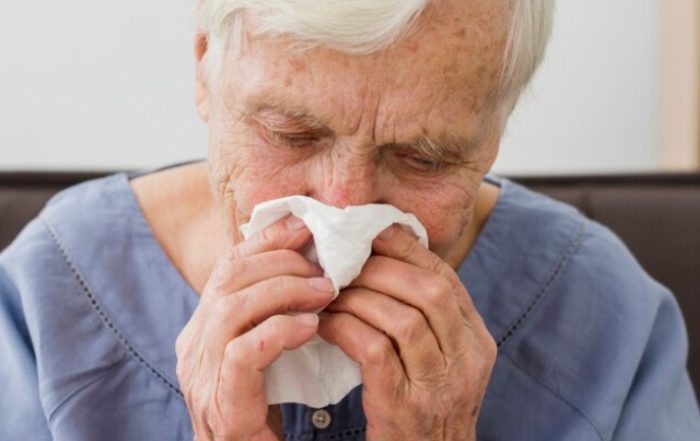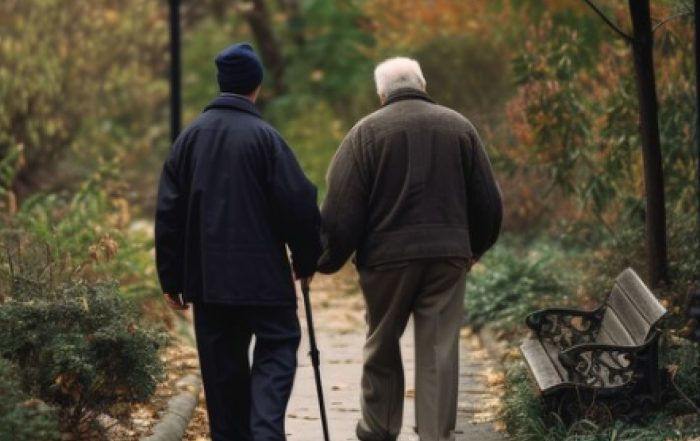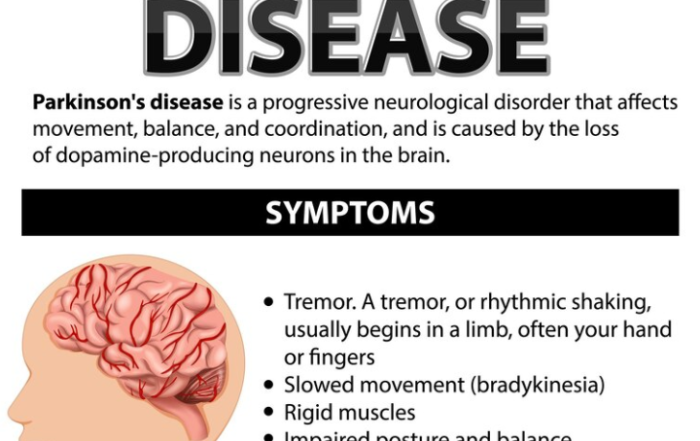Allergy Week is an initiative aimed at raising awareness about allergies, their impact on health, and ways to manage and prevent allergic reactions. While allergies can affect people of all ages, including the elderly, they may pose unique challenges for older adults due to factors such as weakened immune systems, multiple health conditions, and medication interactions.
Here are some considerations regarding allergies in the elderly during Allergy Week:
- Increased Sensitivity: As people age, their immune systems may become less efficient, leading to increased susceptibility to allergic reactions. Older adults may develop new allergies or find that existing allergies worsen over time.
- Coexisting Health Conditions: Many elderly individuals have multiple chronic health conditions, such as heart disease, diabetes, or respiratory disorders. Allergies can exacerbate these conditions, leading to complications and poorer health outcomes.
- Medication Interactions: Older adults often take multiple medications to manage various health issues. Some medications may interact with allergens or allergy medications, potentially causing adverse reactions or reducing the effectiveness of treatments.
- Symptom Management: Allergy symptoms, such as respiratory issues, skin rashes, or gastrointestinal discomfort, can significantly impact the quality of life for elderly individuals. Proper management of allergy symptoms is essential to prevent complications and maintain well-being.
- Preventive Measures: Educating elderly individuals, caregivers, and healthcare providers about common allergens, preventive measures, and appropriate treatment options can help minimize the risk of allergic reactions and improve overall health outcomes.
During Allergy Week, efforts can be made to raise awareness among the elderly population, caregivers, and healthcare professionals about the importance of allergy management in older adults. This can include educational seminars, informational materials, and outreach programs focusing on allergy prevention, symptom recognition, and effective treatment strategies tailored to the needs of the elderly. Additionally, promoting a supportive environment that encourages open communication and collaboration between patients, caregivers, and healthcare providers can help ensure comprehensive allergy care for older adults.
CBHomeCare and our Family of Providers are happy to assist you with assessing your family’s needs and helping to provide the care necessary to help keep your loved one at home where they want to be. Please feel free to call us at 800-700-0008, and we will be happy to answer all of your questions. You can also click here to read about our services.




